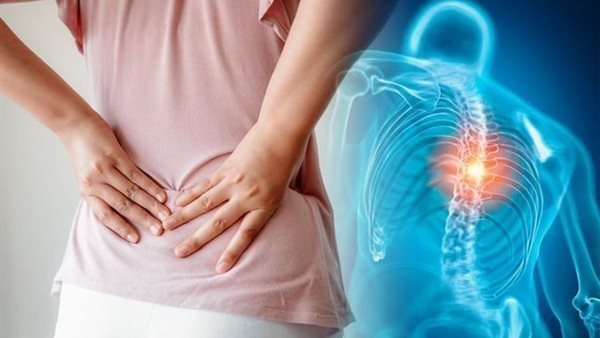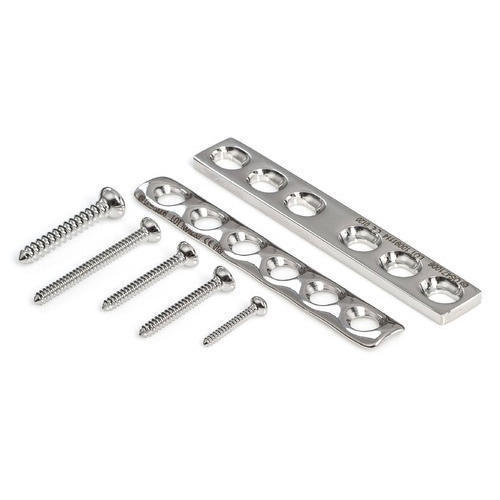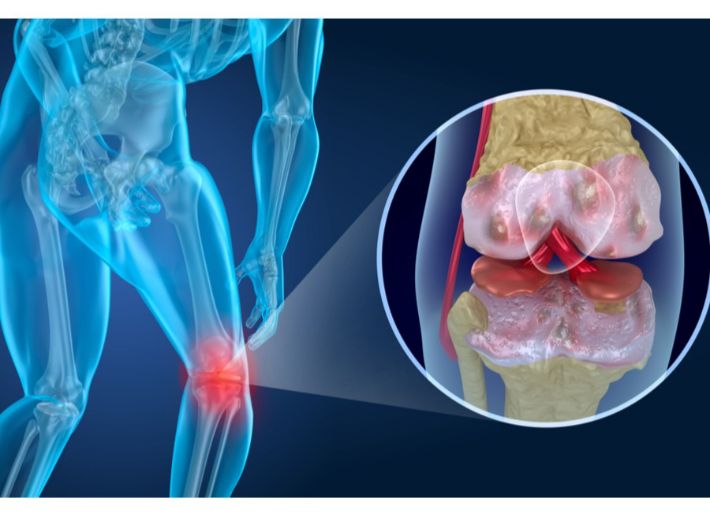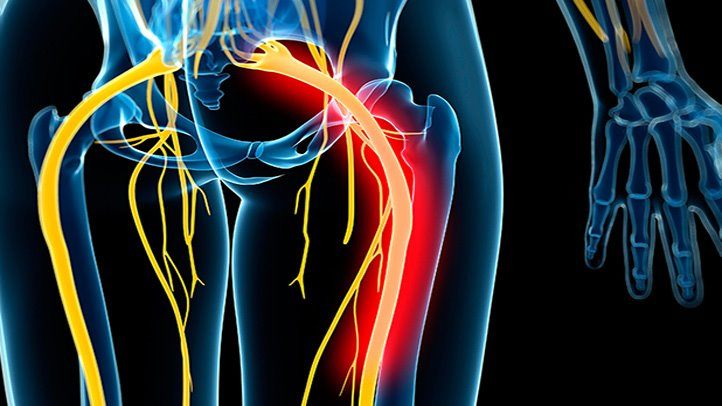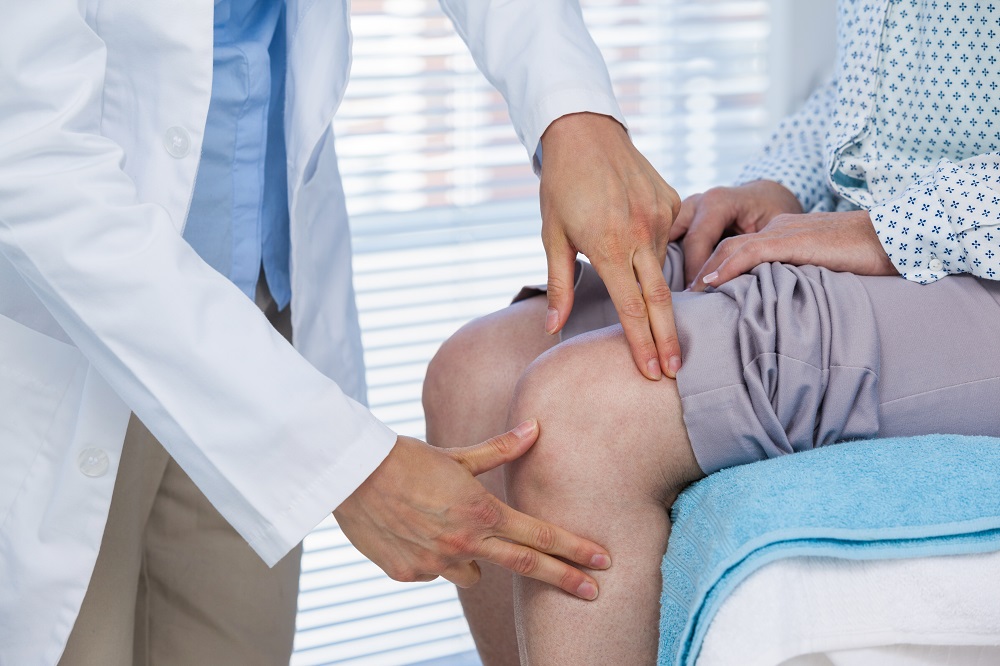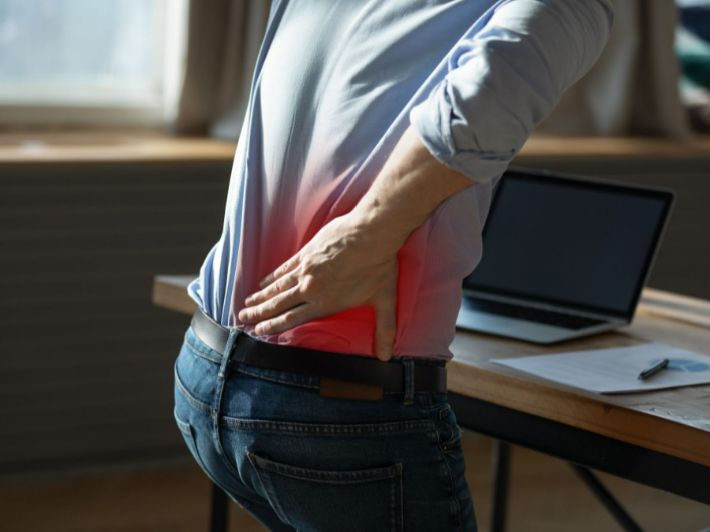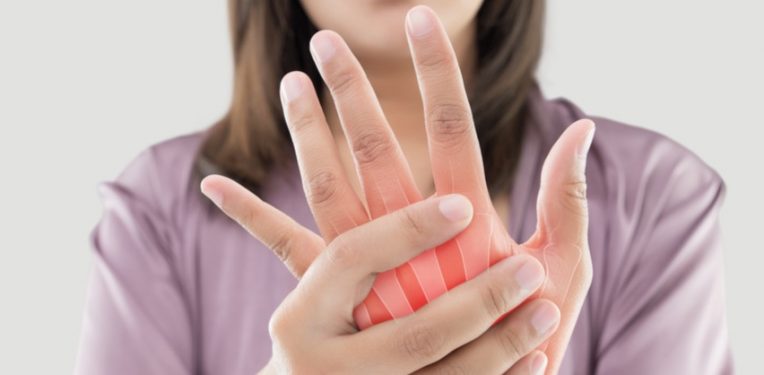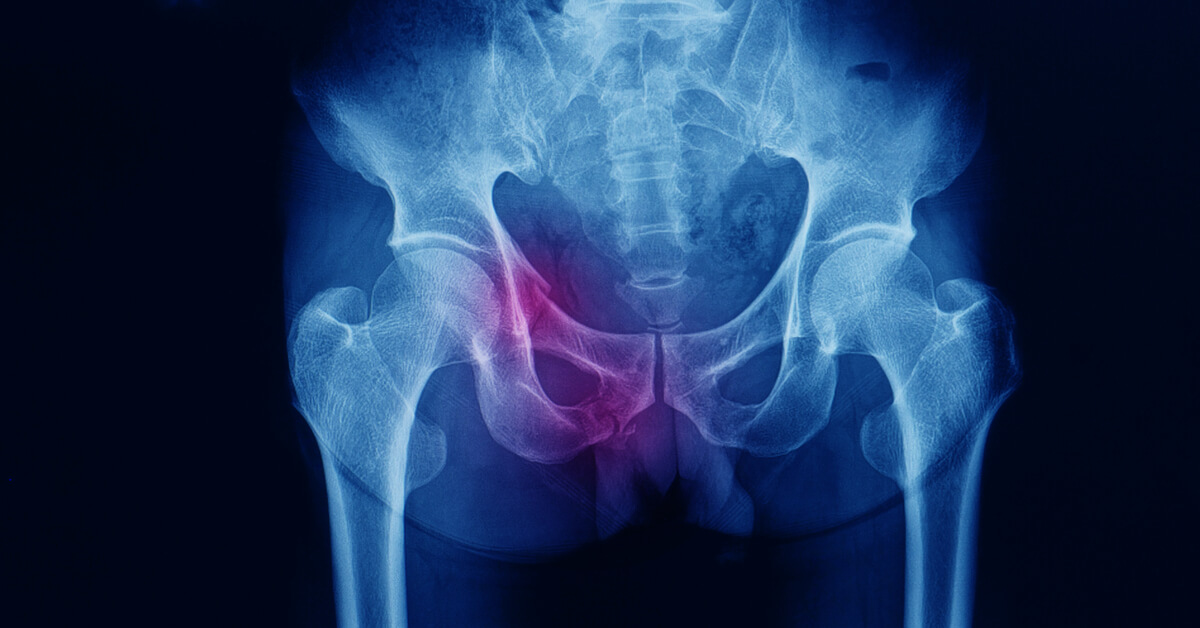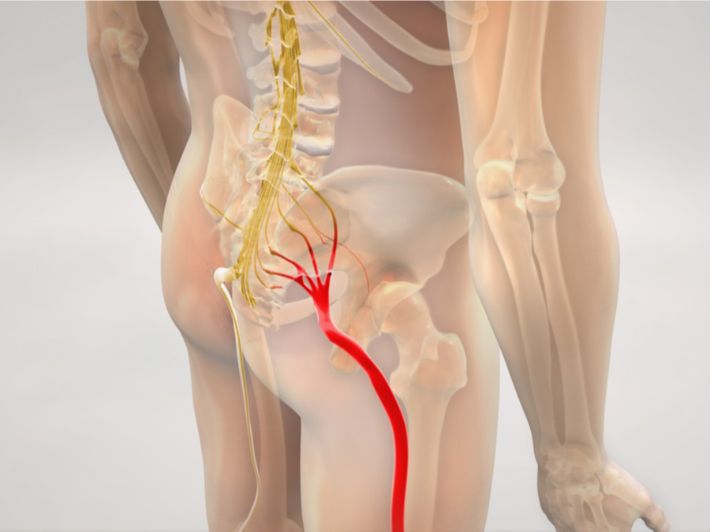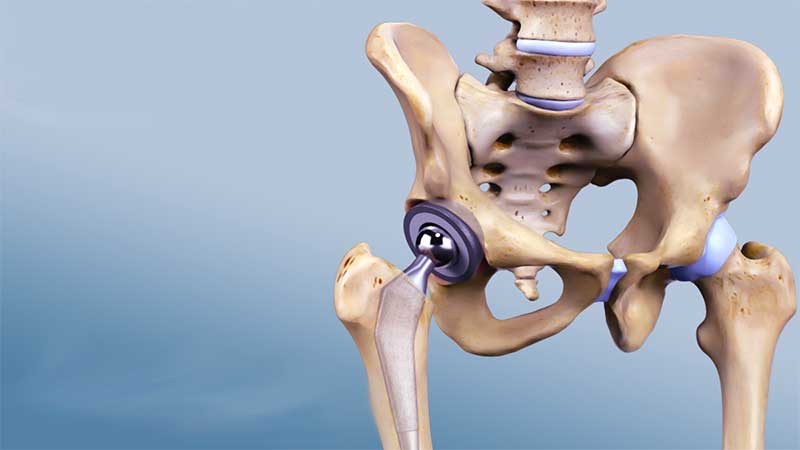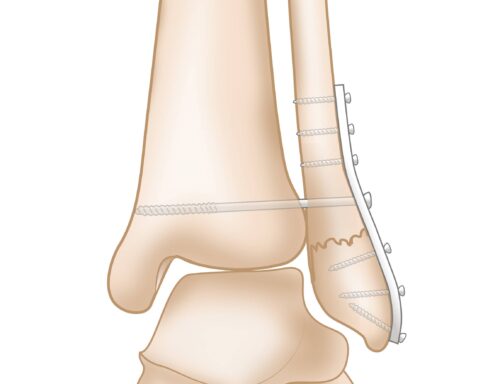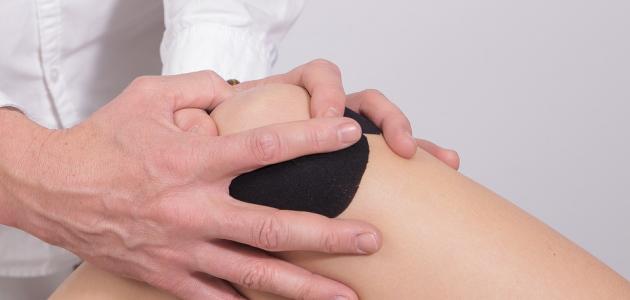Bone Pain Relievers and Precautions to Consider When Taking Them!
Bone Pain Relievers No doubt many people suffer from bone pain, which makes them feel a lot of pain and discomfort, affecting their daily lives and performing normal activities. Through the following paragraphs, we will learn in some detail about the most important causes of bone pain and the various therapeutic methods to control it, the most important of which are bone pain relievers.
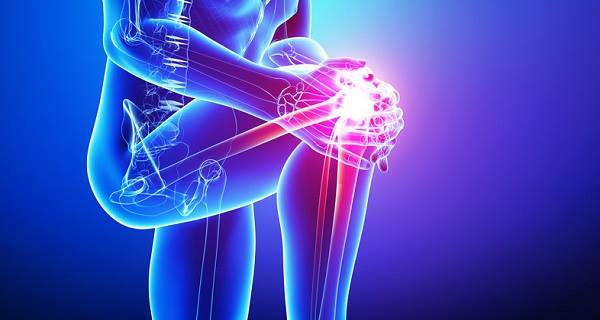
Bone Pain Relievers
- Opioids:
- Opioids are used as strong painkillers for severe bone pain.
- Morphine and tramadol are among the famous and useful opioids for pain relief.
- They should be used under medical supervision and according to the treating physician’s instructions.
- Anti-inflammatory Pain Relievers:
- Aspirin derivatives and diclofenac are used as painkillers for bone pain associated with inflammation.
- These painkillers work to relieve pain and reduce swelling and irritation in the affected bone area.
- Common examples of these painkillers include: ibuprofen, naproxen, and meloxicam.
- Calcium Antagonist Drugs:
- Calcium antagonist pain relievers are used in the treatment of hypercalcemia in malignant diseases.
- These drugs help regulate calcium levels in the body and reduce pain associated with this increase.
- Preventive Treatment for Skeletal-Related Events in Tumors:
- The drug pamidronate is used to prevent skeletal-related events in cases of tumors.
- It helps to reduce bone formation and promote skeletal strength.
- Treatment of Giant Cell Tumor of Bone:
- Several types of painkillers are used in the treatment of giant cell tumor of bone.
- Examples of these painkillers include: Neuopren, MSH, and Xtremetin.
- Advanced Options in Bone Pain Treatment:
- Advanced techniques such as high-frequency stimulation and electrical stimulation are used to relieve bone pain.
- These therapeutic methods are applied under the supervision of a specialized physician and are considered effective in relieving pain and improving the quality of life for patients.
Dr. Amr Amal provides you with specialized therapeutic services for bones, helping you live comfortably and safely.
Precautions when taking bone pain relievers
- Consult a Doctor: Before taking any type of bone pain reliever, people should consult a specialist doctor. The doctor can assess the individual’s overall health condition and determine whether these painkillers are safe to use.
- Know the Warnings: People should read and understand the warnings and instructions on the package of bone pain relievers. Some of these painkillers may contain ingredients that could cause allergic reactions or harmful interactions with other medications the person is taking.
- Monitor the Dosage: People should follow the dosage prescribed by the doctor or recommended on the medication package. Failure to follow the instructions can lead to serious side effects and negative health consequences.
- Avoid Overdose: It is essential to avoid taking an overdose of bone pain relievers, as it can cause serious health problems such as kidney damage and liver poisoning. If a higher dose is needed, consult a doctor for guidance.
- Avoid Double Use: Avoid taking different types of bone pain relievers at the same time without consulting a doctor. This can lead to drug interactions that cause harmful effects on the body.
- Monitor Side Effects: Be sure to monitor any side effects that may appear after taking bone pain relievers. Common side effects to be aware of include: digestive disorders, nausea, diarrhea, changes in blood pressure, effects on the kidneys, and effects on the liver. If any side effects appear, consult a doctor immediately.
- Incorporate Healthy Foods: People should eat balanced and healthy meals while taking bone pain relievers. This helps improve the digestion and absorption of the medication and reduces side effects.
Don’t forget that these precautions are general recommendations, and they cannot replace consulting a specialist doctor. Be sure to follow your doctor’s recommendations to ensure safety and effectiveness when taking bone pain relievers.
What is Bone Pain?
Bone pain is a common and annoying condition that can significantly affect the quality of life for individuals. Pain can occur in the bones due to various causes, including direct injuries and chronic diseases. If you want to learn more about bone fractures, click here.
Among the main causes of bone pain are direct injuries, where pain occurs after a person sustains an injury such as being hit by a heavy object, a traffic accident, or a fall from a height. Damage to the bone tissue causes bone pain, and in some cases, it can lead to bone fractures.
In addition to direct injuries, there are also other causes of bone pain, such as osteoarthritis, tendon and ligament injuries, gout, autoimmune diseases, frozen shoulder, viral infections, bursitis, and more. Muscle or joint pain may occur due to excessive strain, viral inflammation, or excessive physical activity.
Depending on accurate medical diagnosis and appropriate treatment, bone pain can be alleviated, and the quality of life for affected individuals can be improved. People suffering from bone pain should consult a specialist doctor to accurately diagnose the condition and develop an effective and appropriate treatment plan. Rest assured that Dr. Amr Amal provides you with specialized therapeutic services for bone pain relievers, helping you live comfortably and safely.
Bone Pain in Pregnant Women
Bone pain is a common and annoying condition that can affect the quality of life for pregnant women. Pregnant women experience hormonal changes and weight gain, which can cause bone pain, including pain in the chest and pelvic bones.
One of the common causes of chest bone pain in pregnant women is the pressure of the fetus on the chest cavity due to its growth and weight gain. This pressure can be painful and cause a feeling of tightness or pain when breathing. Additionally, elevated pregnancy hormones can also weaken the ligaments and tissues in this area, increasing the likelihood of pain.
As for pelvic bone pain during pregnancy, it may be caused by irritation of the pelvic ligaments and inflammation of the pelvic bones due to the active hormones during pregnancy. The weight gain associated with pregnancy can also increase pressure on the joints and bones in the pelvic area.
To alleviate bone pain during pregnancy, it is recommended to follow a healthy, balanced diet that contains sufficient amounts of calcium, which supports bone health. It is also important to avoid factors that put pressure on the bones, such as standing for long periods and carrying heavy weights.
Causes of Bone Pain
- Arthritis:
Arthritis can cause bone pain due to damage and inflammation in the cartilage and surrounding tissues of the joint. Examples of arthritis that can cause bone pain include rheumatoid arthritis and gouty arthritis. - Organic Diseases:
There are many diseases that can cause bone pain at various levels of the body, such as bone infections, bone tumors, and autoimmune diseases like systemic sclerosis. - Strain and Overuse of Muscles:
Excessive strain and overuse of muscles can cause bone pain. This can occur due to strenuous exercise or repetitive movements over an extended period. - Injuries:
Direct injuries or bruises to the bones can cause acute pain. Common injuries that cause bone pain include fractures, tears, and herniated discs. - Age-Related Changes:
As people age, their bones become more fragile and weaker, which can cause general bone pain. Conditions such as osteoporosis and broken bones may develop due to these changes. - Malnutrition:
Deficiency of certain essential nutrients such as calcium and vitamin D can lead to weak bones and an increased likelihood of bone pain. - Genetic Factors:
Some cases of bone pain may be inherited due to genetic factors, such as conditions related to bone diseases like adhesive bone disease.
People suffering from bone pain should consult a doctor to determine the specific cause and guide them in appropriate treatment. Treatment may include anti-inflammatory medications, physical therapy and rehabilitation, lifestyle changes, improved nutrition, and in severe cases, surgery may be necessary.
Symptoms of Bone Pain
Bone pain is a common problem that many people suffer from, accompanied by annoying symptoms that affect the quality of life. The cause of bone pain can be varied and diverse, so it is important to recognize these symptoms and causes. In this article, we will provide you with a detailed list of the most common symptoms of bone pain and their possible causes.
- Joint Pain:
People with bone pain may experience discomfort in their joints, especially in larger joints such as the knees, shoulders, and elbows. This pain can result from joint inflammation, which occurs due to the gradual deterioration of the cartilage between the bones. - Joint Swelling and Redness:
Bone pain may be accompanied by swelling and redness in the affected joints. This occurs due to joint inflammation, where fluid and inflamed cells accumulate in the joint, causing noticeable swelling and redness. If you want to learn more about joint stiffness, read this article. - Limited Mobility:
Bone pain can also cause difficulty in movement. Affected individuals may find it difficult to bend their knees or use the affected joint fully, impacting their ability to perform daily activities normally. - Inflammation and Itching:
In some cases, people with bone pain may experience inflammation and itching in the affected area. Signs of itching and redness may appear, which could be a result of irritation to the nerves surrounding the affected joint. - Weak Muscle Strength:
Bone pain is also a potential cause of weak muscle strength. Patients may find it difficult to bear heavy weights or perform simple exercises due to pain and joint stiffness. - General Symptoms:
In addition to the above symptoms, bone pain may be accompanied by other general symptoms such as persistent fatigue, loss of appetite, weight loss, thinning, and general lethargy.
Dr. Amr Amal offers you a comprehensive and effective solution for dealing with bone pain relievers, contributing to improving your quality of life.

How is Bone Pain Diagnosed?
To diagnose bone pain and determine its underlying cause, doctors perform several examinations and inquiries with the patient. In this article, we will review some of the methods that can be used to diagnose bone pain, which include the following:
- Taking a Medical History: The doctor begins by taking a comprehensive medical history from the patient. The patient is asked to describe the symptoms, when they started, and how they have progressed over time. This information helps the doctor identify the potential causes of bone pain.
- Physical Examination: The doctor carefully examines the painful areas. They look for any signs that indicate joint inflammation or bone injuries. The doctor may ask the patient to move their joints to assess their range of motion and determine the extent of pain.
- X-rays: X-rays may be performed on the affected areas to detect any changes in the bones, such as tears, fractures, or joint inflammation. These examinations are important for detecting structural changes in the bones.
- Magnetic Resonance Imaging (MRI): If the X-rays are unclear, an MRI scan may be performed. This type of diagnostic imaging is used to obtain detailed images of the bones and surrounding tissue, providing more accurate information about the condition.
- Blood Tests: The doctor may order blood tests to check for any changes in mineral levels or antibodies that indicate joint inflammation.
- Ultrasound Imaging: Ultrasound imaging can be an effective tool in diagnosing bone pain, especially in soft tissues such as tendons and ligaments.
- Specialist Consultation: If the diagnosis is unclear, the doctor may refer the patient to a specialist in the field of bones and joints to evaluate the condition and suggest additional examinations if necessary.
If you have chronic or recurrent bone pain, it is important to consult a doctor to better diagnose the condition. The doctor can guide you through the appropriate steps for diagnosis and provide appropriate treatment to alleviate pain and improve your quality of life.
Treatment for Bone Pain
Treating bone pain is extremely important for improving the quality of life and maintaining overall body health. To assist you with this, we have compiled a list of some effective methods you can rely on to treat bone pain, including:
1. Epsom Salt Bath:
Epsom salt baths are one of the traditional methods for treating bone pain. Epsom salts can be used as a moisturizer for the skin, and these ancient remedies are effective in reducing inflammation, swelling, and improving mobility.
2. Prescription Painkillers and Medications:
Prescription painkillers and medications are common options for treating bone pain. These medications may include anti-rheumatic drugs, antibiotics for treating aggressive joint inflammation, and drugs containing calcium and vitamin D to support bone health.
3. Consultation with a Healthcare Professional:
Before starting any bone pain relievers, it is crucial to consult with a healthcare professional, such as a doctor or pharmacist. They can assess your specific condition, medical history, and any potential interactions with other medications you may be taking.
4. Follow Dosage Instructions:
Always follow the prescribed dosage instructions provided by your healthcare provider or as indicated on the medication label. Avoid exceeding the recommended dose unless directed by a healthcare professional.
5. Awareness of Side Effects:
Be aware of the potential side effects associated with bone pain relievers, such as gastrointestinal issues, dizziness, drowsiness, and allergic reactions. If you experience any severe or persistent side effects, seek medical attention immediately.
6. Avoid Alcohol and Certain Foods:
Some bone pain relievers may interact negatively with alcohol or certain foods. It is advisable to avoid alcohol consumption and be cautious with foods that may interfere with the medication’s effectiveness or cause adverse reactions.
7. Regular Monitoring and Follow-Up:
Regular monitoring and follow-up with your healthcare provider are important when using bone pain relievers. They can assess your response to the medication, monitor for any changes or complications, and adjust the treatment plan as needed.
Preventing Bone Pain:
To maintain bone health and prevent bone diseases and pain, it is recommended for everyone to follow the following steps:
- Engage in Regular Exercise: Regular exercise is one of the key ways to prevent bone pain. Exercise helps strengthen the muscles surrounding the bones and improves their flexibility, reducing bone pressure and protecting them from injury.
- Follow a Healthy Diet: A healthy and balanced diet plays a crucial role in bone health. Consume foods rich in calcium such as dairy products, fatty fish, broccoli, and spinach. Avoid excessive consumption of fatty and sugary processed foods that may negatively impact bone health.
- Maintain a Healthy Weight: Obesity and excessive weight can put extra pressure on the bones, leading to pain and diseases. It is advisable to maintain a healthy weight by regularly exercising and following a suitable diet.
- Maintain Proper Posture: Proper sitting and standing posture can reduce bone and joint pressure. Ensure your back is straight, shoulders and head are upright, and avoid excessive bending of the spine.
- Reduce Injuries and Stress: It is important to avoid bone and joint injuries by avoiding risky situations and wearing protective gear in various sports. Also, reduce excessive stress on the bones and joints by properly distributing work and activities.
- Consult a Physician: If you experience persistent bone pain, consult a specialized physician for accurate diagnosis and appropriate medical advice.
- These tips are meant to complement professional medical treatment, and severe or ongoing pain should be treated with utmost care and under specialized supervision.
Enjoy a life without limitations with Dr. Amr Amal and his unique expertise in improving bone functions and reducing pain.
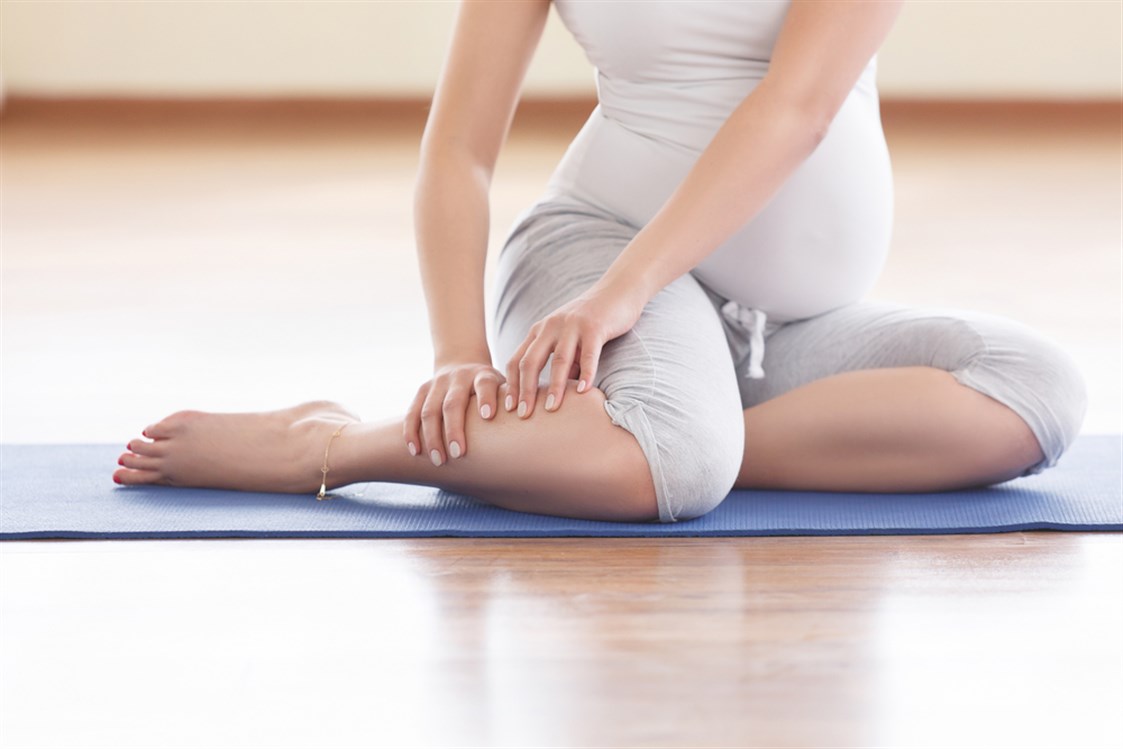
Who is the Best Orthopedic Doctor in Egypt?
Dr. Amr Amal is considered one of the best doctors in this field. He has a wide range of experience in all types of bone surgeries, from fractures to hip joint replacements and correcting bowed legs, among many other benefits.
Dr. Amr works as a lecturer in orthopedic and arthroscopic surgery at Ain Shams University, and he has five years of experience in this field. He also has a good reputation in Egypt as a recognized expert in orthopedic and joint surgery.
In addition to his teaching work, Dr. Amr Amal is also a consultant in orthopedic and joint surgery at Ain Shams University, and he is an active member of the university’s teaching staff. Furthermore, he is a fellow at Aachen University in Germany, where he provides high-quality services to patients in Egypt, using modern and effective surgical techniques. Dr. Amr stays updated with the latest medical advancements to ensure the best possible care.
Dr. Amr Amal is considered one of the best orthopedic doctors in Egypt and is widely recognized as a trusted expert. His competence in providing excellent healthcare and successful surgeries for patients is well established.


